APH Outreach – Building Connections in Puerto Rico: Looking to the Future
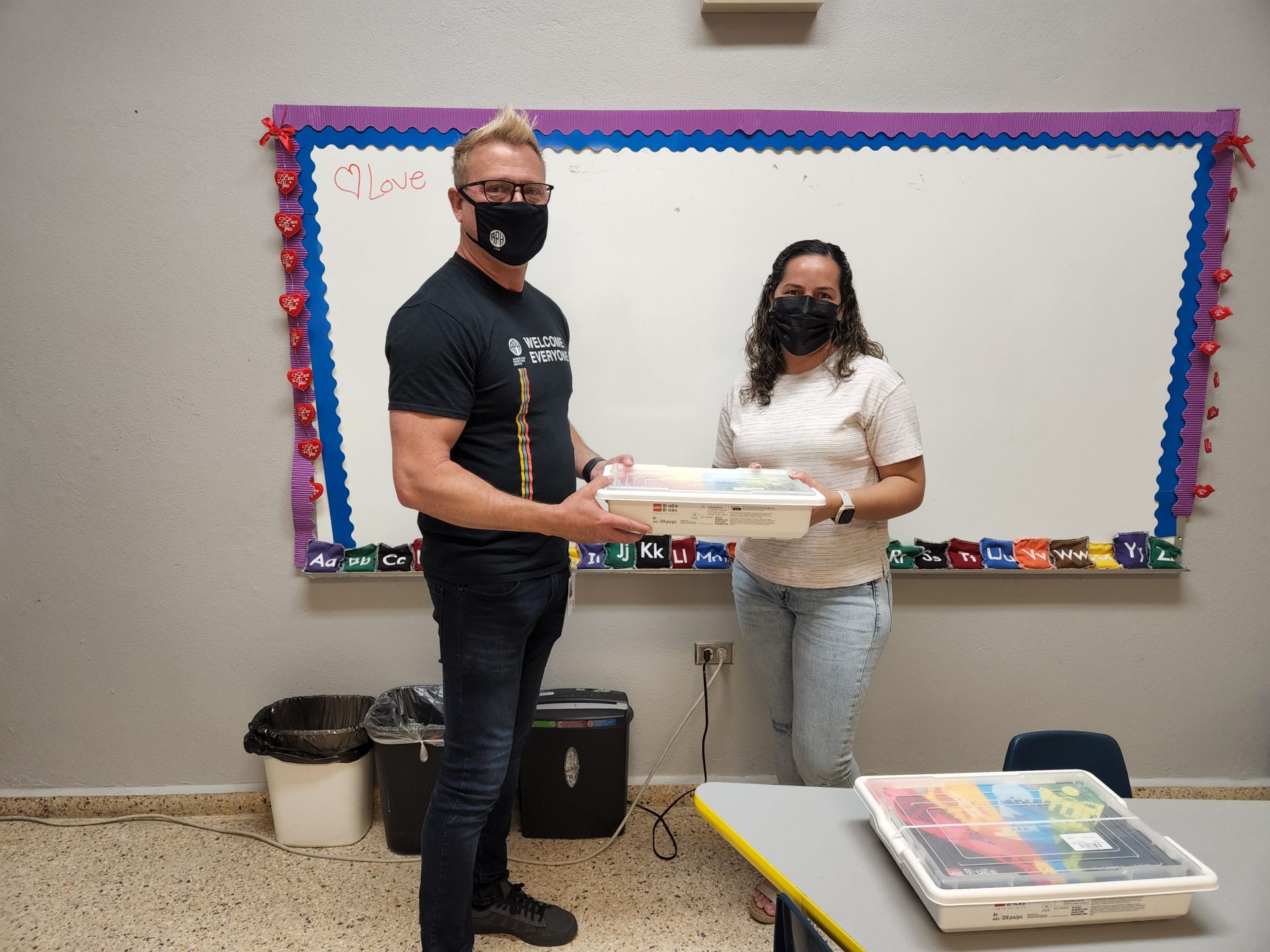
Making Connections
On the second day of my trip, Taina and I hit the road to meet up with TVIs working in several regions. We stopped at four different facilities and had the opportunity to speak with teachers and support staff from three schools: Héctor Hernández Arana in Lares; Timoteo Delgado in Hatillo; and Antonio Vélez Alvarado in Manatí. And we provided them with Spanish Lego Braille Bricks! Everyone was very welcoming and open to talking about their work with students. They spoke about their need for APH materials to support their teaching and were very excited to learn about APH and our interest in supporting them locally.
One other stop on our road trip was one of the assistive technology assessment sites, a potential location for APH braille and low vision technologies to be demonstrated and assessed for student use. The staff was very excited to talk about their work and the potential to have quality training on products such as the Mantis Q40, Chameleon 20, and PageBlaster. They had recently acquired a Reach & Match Kit, which I was happy to review and share how this product was fantastic for assessing young students’ manual dexterity and tactile awareness, along with many other uses and applications for ALL students. Day two was an excellent day of connecting with teachers.
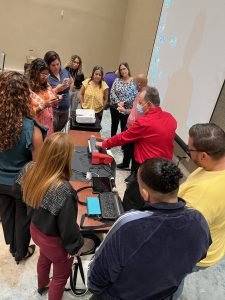
Moving Forward
My third and final day was dedicated to meeting with PRDE members to discuss how APH could provide knowledge, stability, and assistance to improve access to training, services, and braille and other products for teachers and students by working with the University of Puerto Rico. At this meeting, Taina and I spoke with Jessica Diaz, Secretary of Special Education; Ana Leticia Diaz, Disability Program Coordinator for Visual, Deaf, and Deafblindness and EOT Assistant; Daiber Carrion, Director of Compliance and an EOT, and many others representing PRDE interests.
In our meeting, we had an honest conversation about the state of affairs surrounding the availability of braille and materials in schools. I was direct about my concerns but also provided guidance for a path forward. I explained how APH and I are invested in improving educational standards and access for teachers and students. By providing quality professional development on APH equipment and materials, we could quickly improve the standards.
In our conversations, we acknowledged and recognized that for training and materials to be most impactful, they would need to be provided in Spanish. We discussed the potential for significant improvements to student learning and access to braille materials, and how braille must be attached to content and not taught in isolation. By the end of our time together, we all agreed that regular communication was an important part of building capacity and sustainability as we move forward. We also recognized that change was going to take time, consistent support, and a belief that improvement was possible if we committed to positive change.
In addition to our conversations about braille and professional training, I proposed the idea of establishing regional sites for braille production, using APH products such as BrailleBlaster for transcription and the PageBlaster and PixBlaster for embossing text and creating tactile graphics. These sites could also house other materials that teachers could access when needed. There was no lack of ideas, and I believe we were able to start making change. I would work on preparation on my end, and the PRDE would secure communications and locations for our work together.
My first visit to “la isla del encanto” for APH was filled with questions and some self-doubt. As I reflect on my efforts, I recognize the commonalities with so many programs supporting students with visual impairments. The struggles may be there, but anything is possible when people find common ground and goals to serve the greater good. This is not the end of my story but just the beginning of a new adventure. I look forward to ongoing conversations and efforts from myself and the APH family of products and services to forge a path forward for teachers and students.
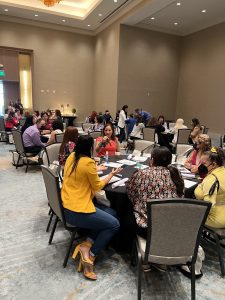
Stay tuned for more educational adventures as I work with my partners in PR to bring quality training for the 2022-23 school year and beyond!
Share this article.
Related articles

APH Product Roadmaps: Why We Do Them and How You Can Make an Impact
Each year we develop a product roadmap with a particular focus area that identifies gaps in our current offerings and...
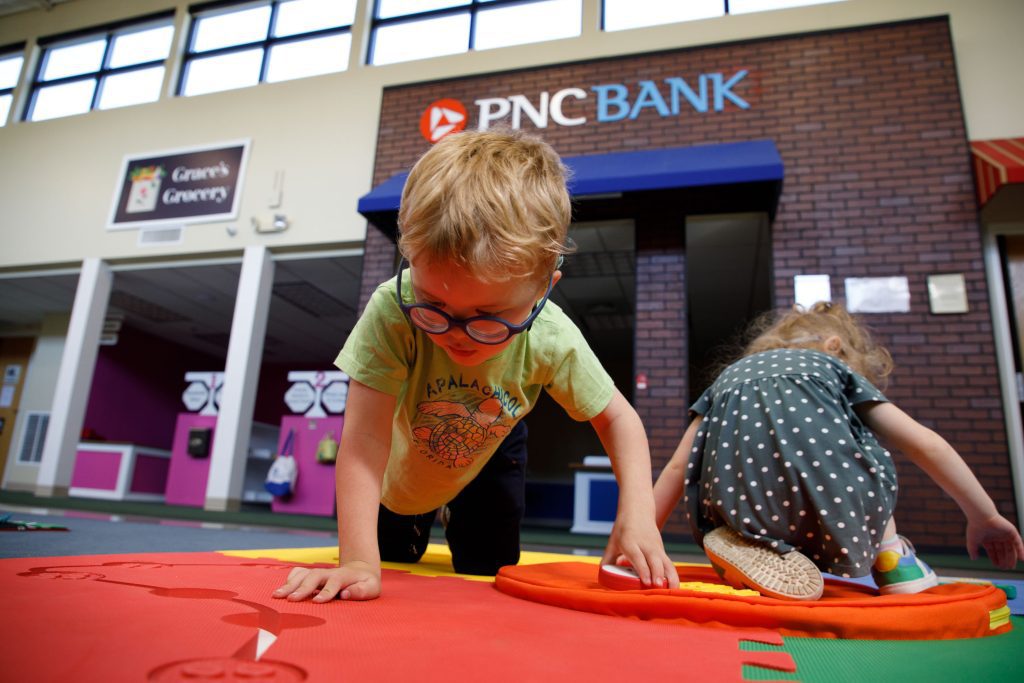
Connect the Dots Sets the Stage for The Dot Experience
Churchill Downs, Louisville Slugger Museum & Factory, Muhammad Ali Center, and many more are on a long list of attractions...
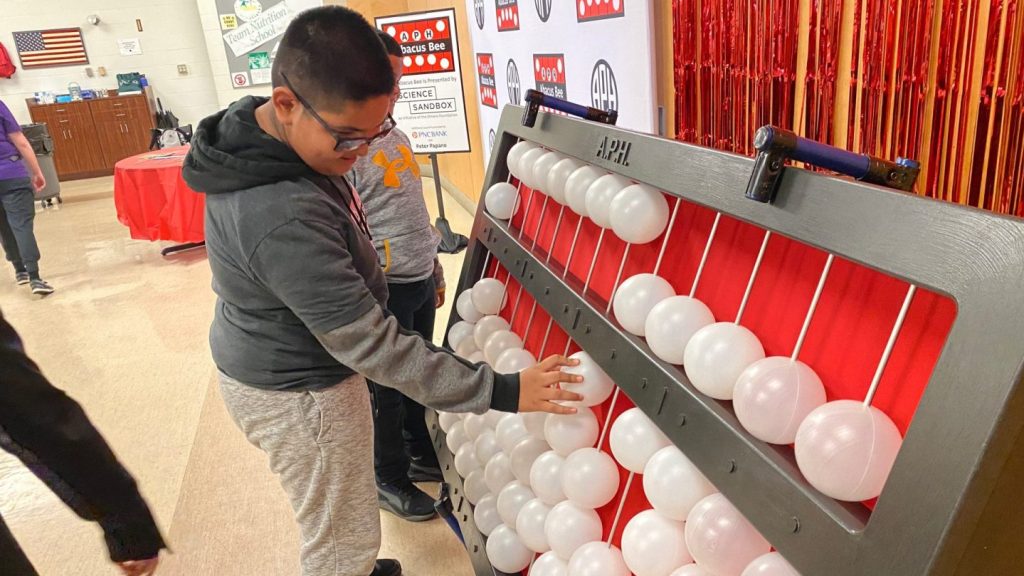
Testing Math Skills with the Abacus Bee
Created in China in 1200 C.E., the abacus is an ancient tool used by generations of mathematicians and students before...
